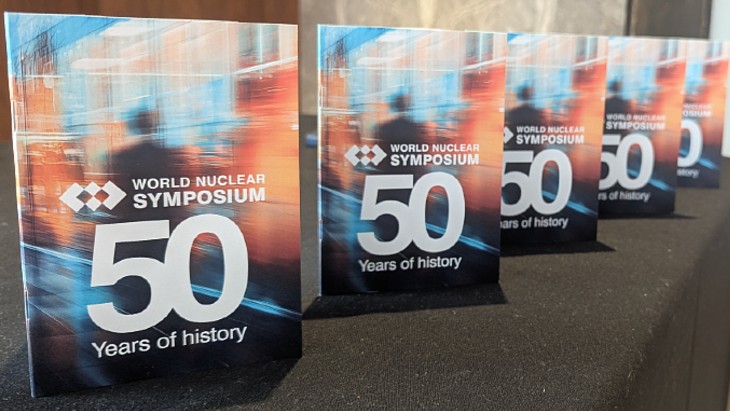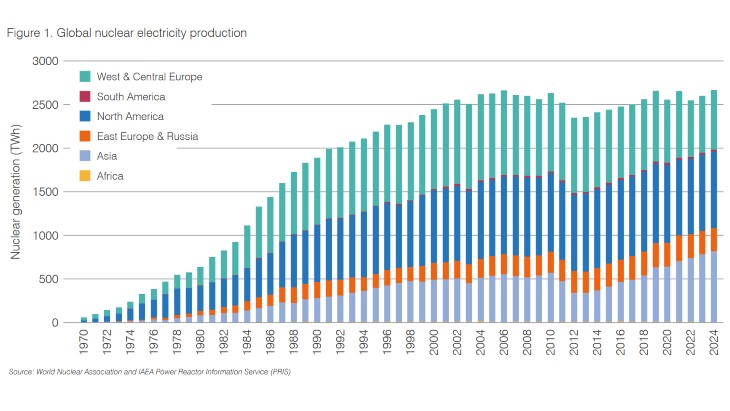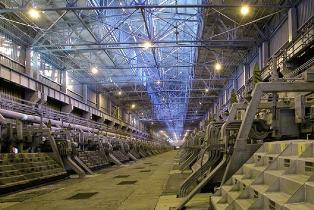 The plan was revealed today by Rusal, already the world's largest supplier of aluminium and aluminia with a 12% share of the global aluminium market, as it announced a cooperation agreement with the government of Saratov Region, in the south of Russia.
The plan was revealed today by Rusal, already the world's largest supplier of aluminium and aluminia with a 12% share of the global aluminium market, as it announced a cooperation agreement with the government of Saratov Region, in the south of Russia.The existing Balakovo nuclear power plant, which consists of four 950 MWe pressurized water reactors would be expanded with two more, while a 1.05 million tonne per year aluminium smelter would be built nearby. Rusal said it would 'finance and implement' the construction of the power units and the smelter itself, and that the investment was part of its strategy to achieve energy self-sufficiency. The megaproject should create 4000 new jobs in the region, according to Saratov governor, Pavel Ipatov.
The agreement between Saratov and Rusal would become effective once the expansion of Balokovo is approved by the Federal Atomic Energy Agency (Rosatom).
Aluminium smelting employs large scale electrolysis that demands continuous supplies of electric power which account for up to 40% of the eventual product cost. The smelting process uses about 14 kWh of power for each kg of aluminium. This means that Rusal's proposed plant would require 14 TWh per year, slightly more than the annual output of two reactors like those already at Balakovo.
Proposals for a combined nuclear energy and metals complex surfaced in April this year, at which time it was expected to materialise in Russia's far east with a production capacity of 600,000 tonnes of aluminium per year. That was during the early stages of a feasibility report, due for completion at the end of this year, but which apparently already specifies a new location for the project and a far greater capacity. Rusal said that Saratov has highly-developed industries which promise a steady demand for aluminium.
Further information
Rusal
Federal Atomic Energy Agency (Rosatom)
WNA's Nuclear Power in Russia information paper
WNN: Plans to co-locate power and smelting plants




_92619.jpg)
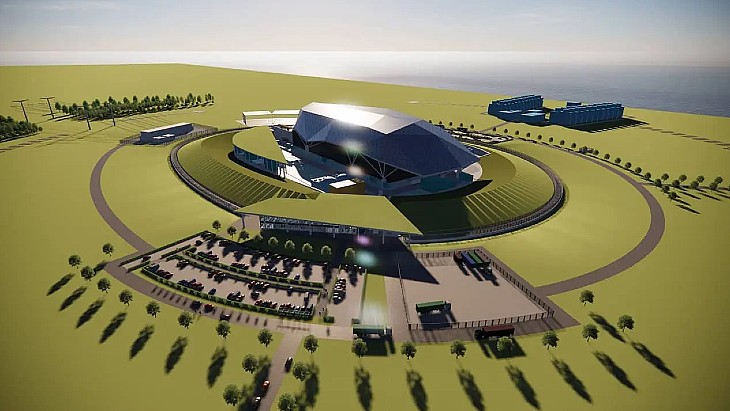
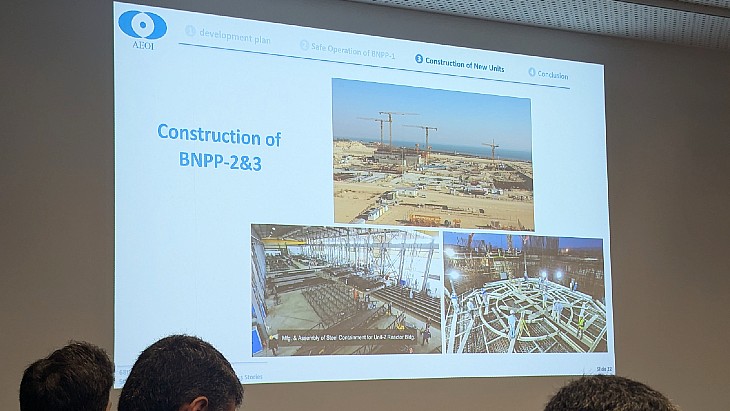
_84504.jpg)
